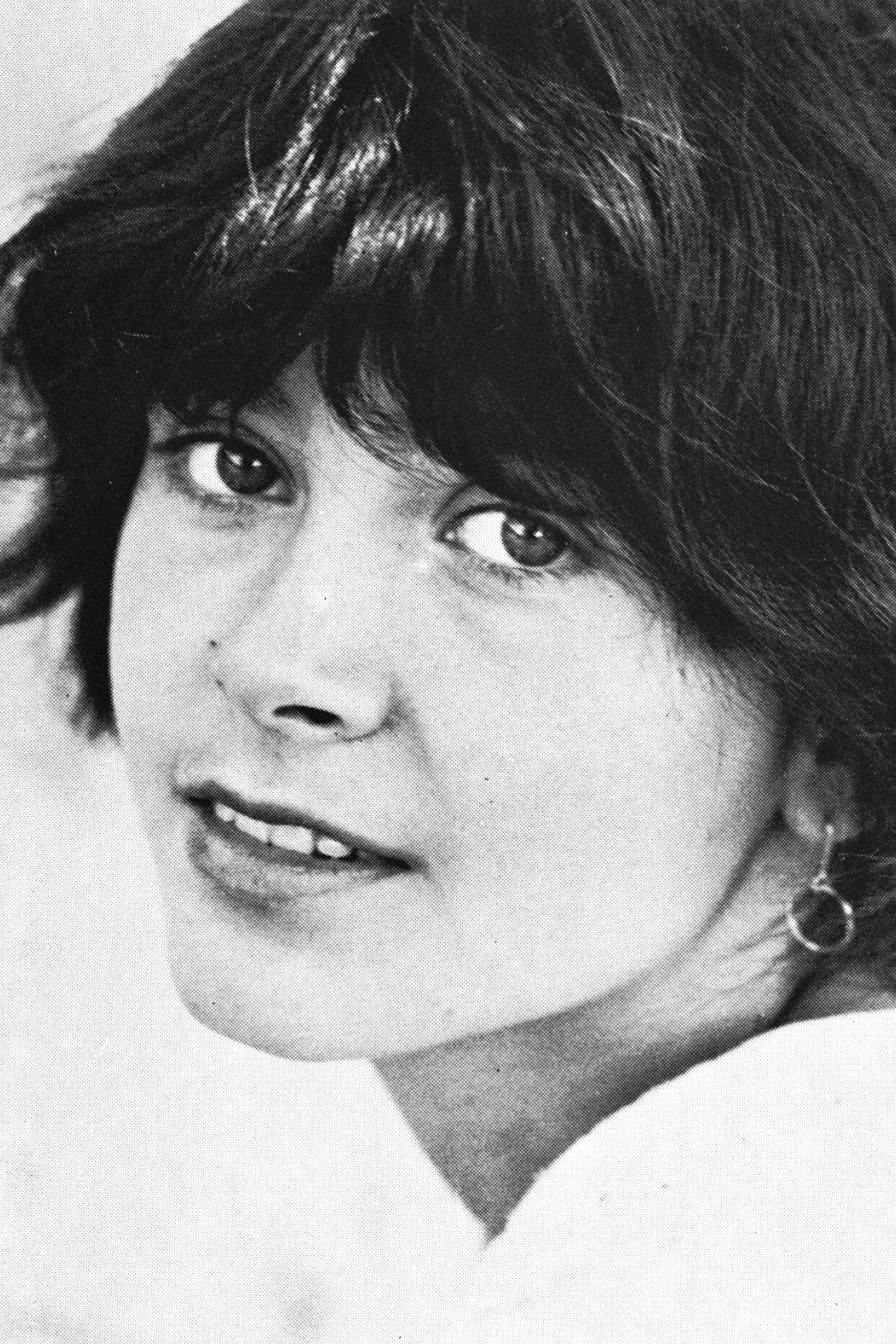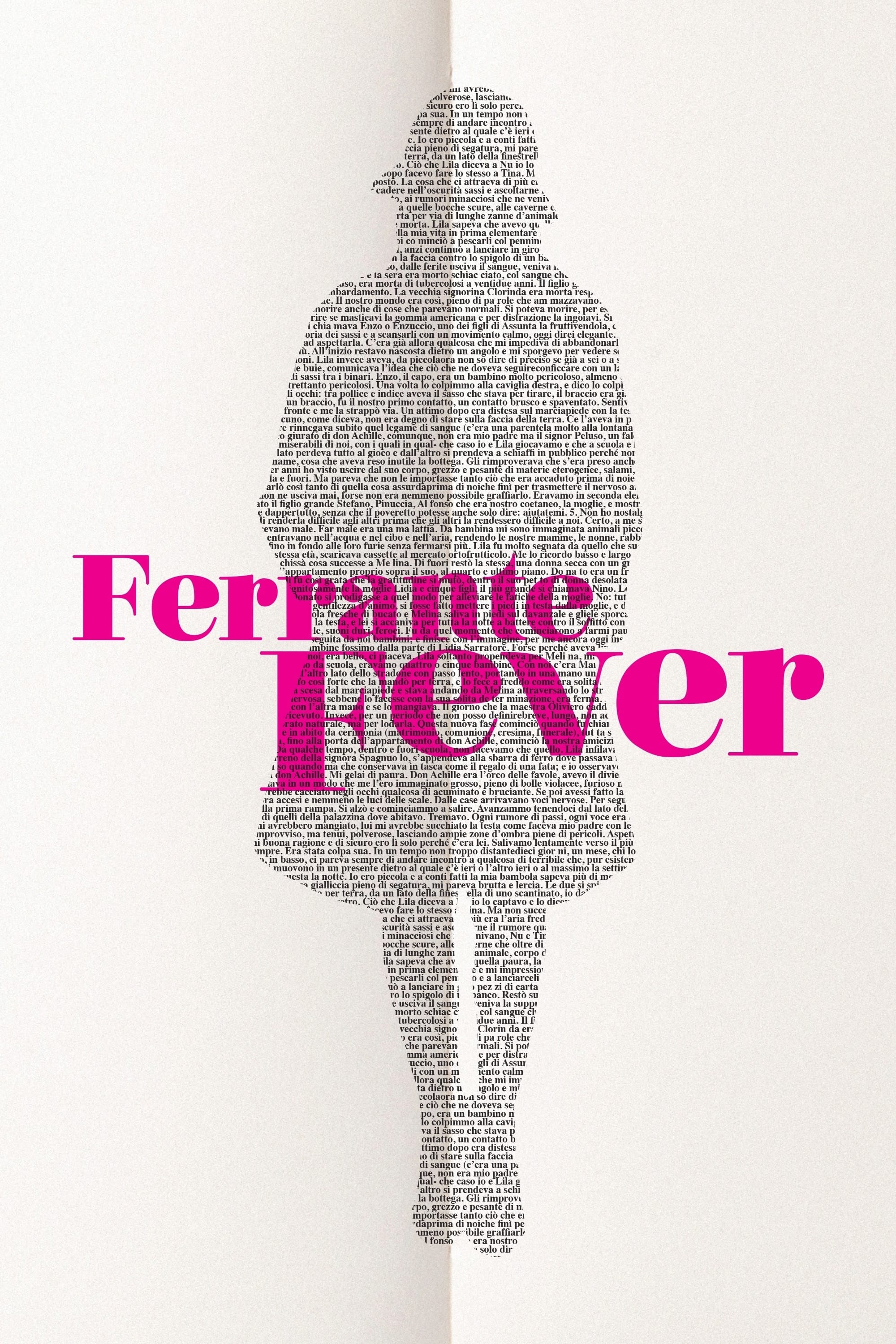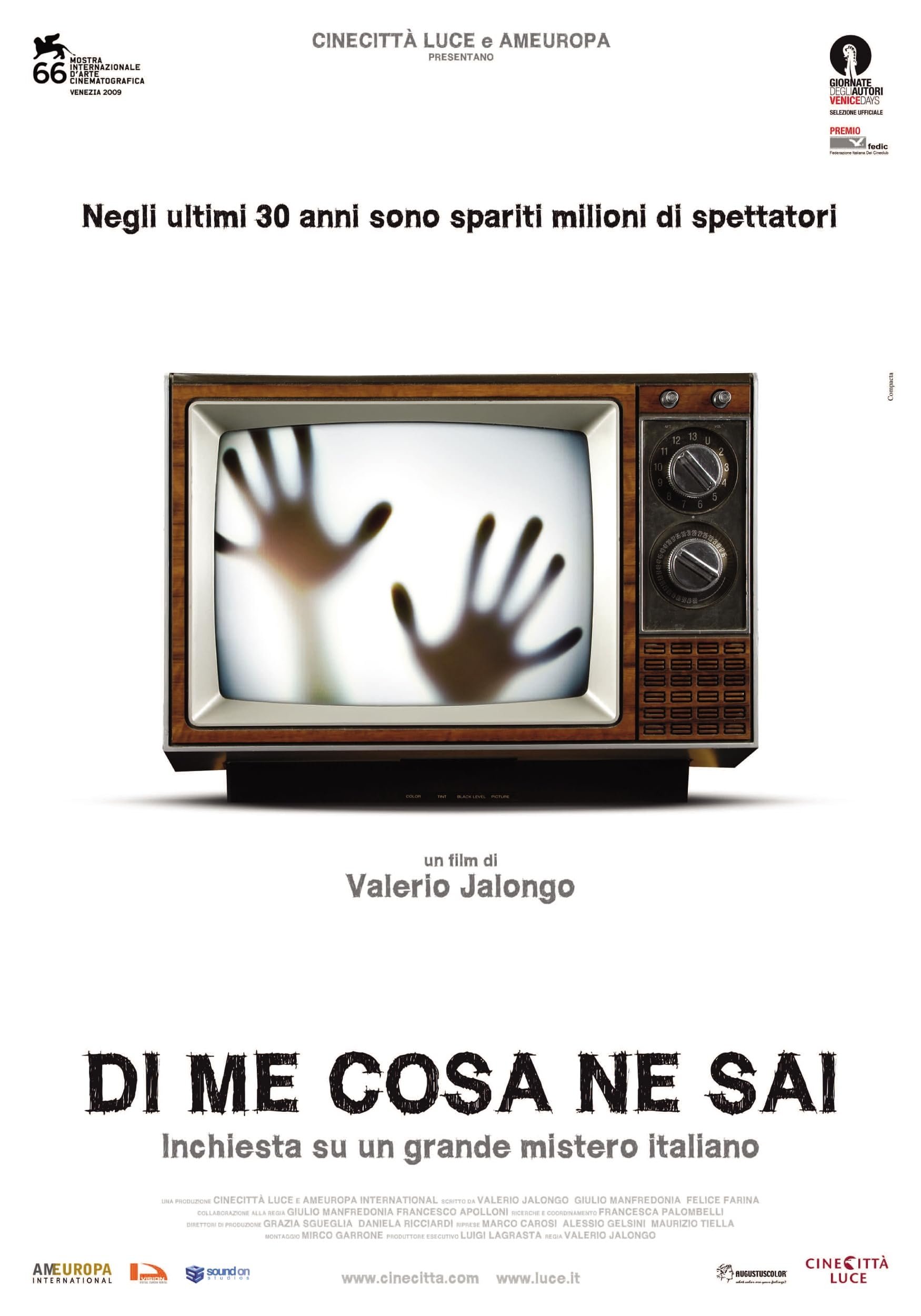

Francesca Marciano (Rome, July 17, 1955) is an Italian writer, screenwriter and actress. With Maledetto il giorno che t'ho incontrato, a film directed by Carlo Verdone, she won a David di Donatello for best screenplay in 1992. In New York she met Stefania Casini with whom she wrote the screenplay for her first film, which would become the film Lontano da dove produced by Gaumont Italia, which she directed with Casini. The film went into competition in Venice in 1983, achieving a fair amount of success. Returning to Italy that year, she directs an episode of the collective film Provvisorio quasi d'amore born of a collaboration with filmmakers from the Indigena group, including Silvio Soldini, Paolo Rosa, Enrico Ghezzi, Giancarlo Soldi and Daniele Segre. After this second experience as a director, however, she realized that her path was writing, and from this time on she worked exclusively as a screenwriter. At the end of the 1980s, after writing Turné for the direction of Gabriele Salvatores, and after collaborating with Carlo Verdone on three films, she moved permanently to Kenya. In the years that followed he traveled to Ghana, Benin, Togo, Somalia, Sudan, and Tanzania, making numerous reportages for RAI. He wrote his first novel, in English, Rules of the Wild, set in Kenya, which was purchased by Pantheon publishing house, published in New York in 1998 and later translated into seventeen countries. Mondadori published it under the title Uncovered Sky. It was followed by two more novels Red House and The End of Manners, later also published in Italy by Longanesi and translated into more than ten languages. With the novel Red House she won the Rapallo Carige Prize for Women Writers in 2003. Her book The Other Language came out in the United States in 2014 with Pantheon, and in 2015 in Italy with Bompiani, Isola grande Isola piccola.

Hillary Clinton, Roberto Saviano, Jonathan Franzen and others weigh-in on...

Until the 1970s, Italian cinema dominated the international scene, even...